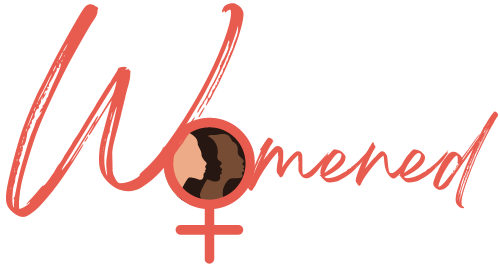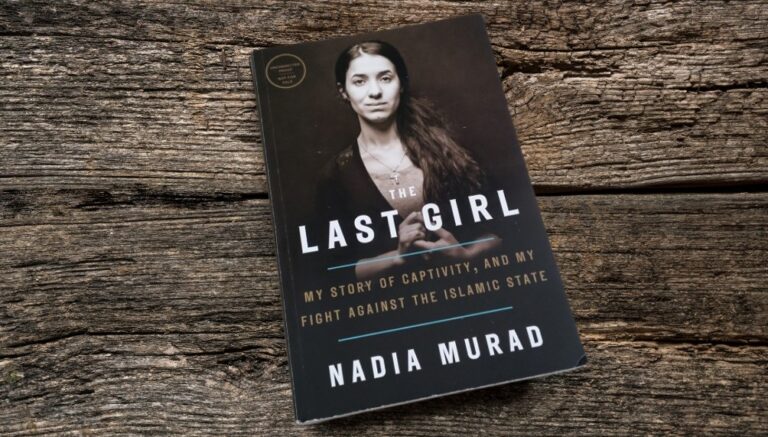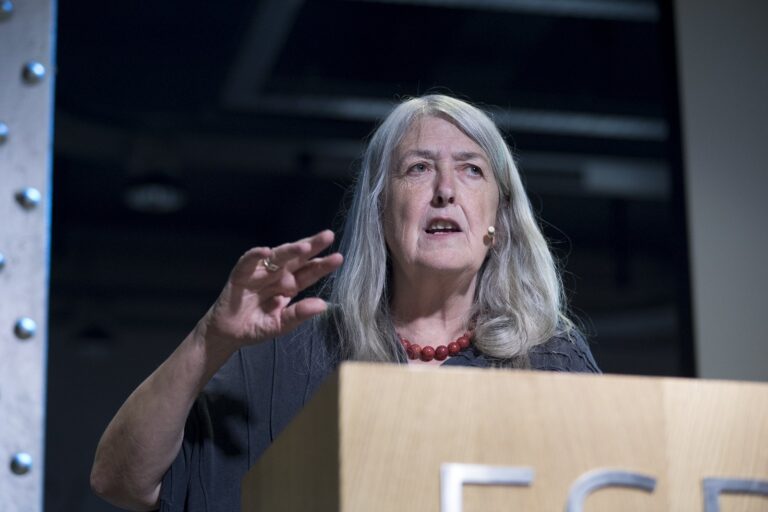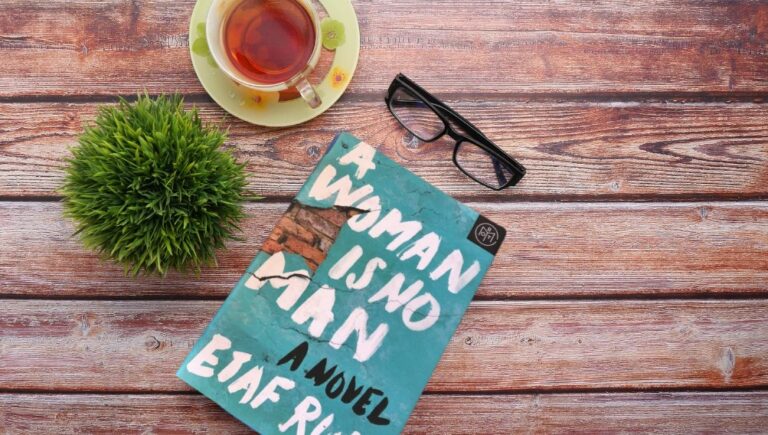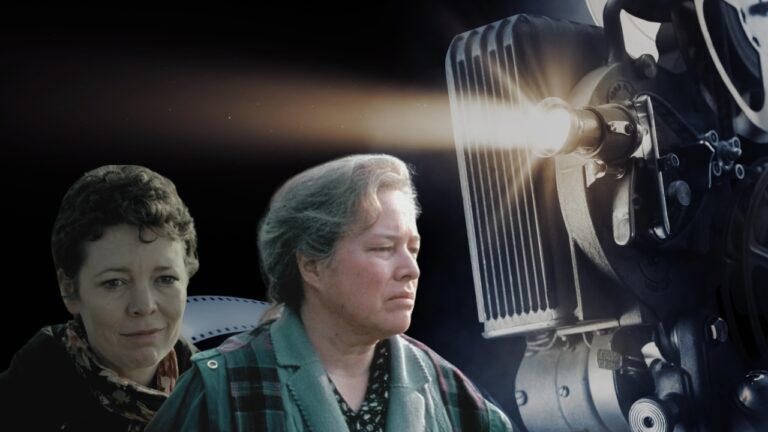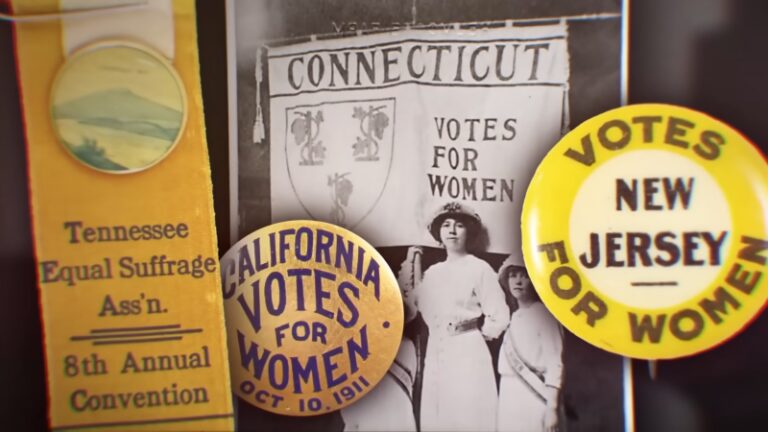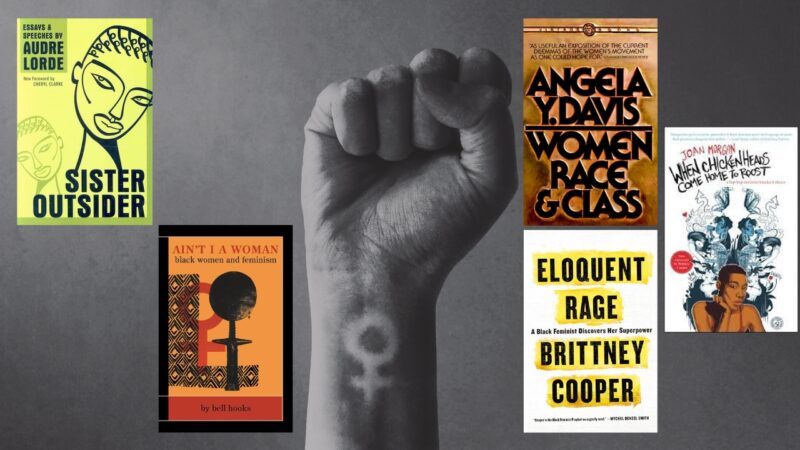In a society where Black women’s voices are frequently overlooked, books emerge as a strong means of opposition and insight. Works on feminism and empowerment enhance discussions about gender equality and offer a deep understanding of how race, gender, and class intersect.
In this blog post, I’ll highlight 5 important books by Black women who have significantly influenced feminist ideas and motivated many to work toward a fairer society.
1. “Sister Outsider” by Audre Lorde
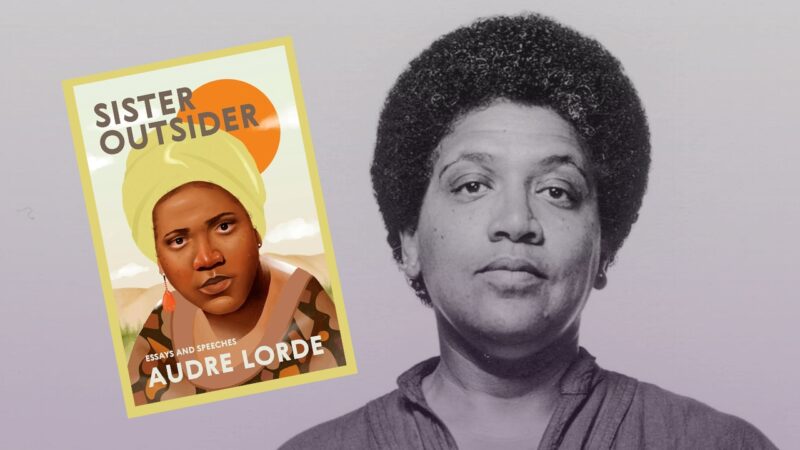
Audre Lorde, a formidable voice in the fight against injustices, challenges the very structure of the societal norms that oppress various minorities. “Sister Outsider” is a collection of essays and speeches that explores issues like racism, sexism, ageism, homophobia, and class.
In her incisive prose, Lorde does not just highlight problems but also offers a potent call to action for creating change through understanding and celebrating differences. This book is essential for anyone looking to understand the complexity of modern feminist issues through the lens of a Black lesbian poet and activist.
Key Insights
The Importance of Communication as A Tool for Change
Lorde emphasizes that dialogue between different communities is essential for dismantling systemic barriers. She advocates for open conversations that lead to a better understanding of intersectional identities and how they affect feminist issues.
The Recognition of Differences as A Powerful Source of Progress
Lorde’s essays underscore that acknowledging and valuing differences rather than erasing them is crucial for genuine social progress. She believes that embracing diversity can lead to a richer, more inclusive feminism.
The Power of Self-Definition and Representation
Lorde challenges readers to redefine themselves outside societal norms and to take control of their narratives. This self-empowerment is a recurring theme throughout her work, presenting a transformative approach to feminist activism.
2. “Ain’t I a Woman: Black Women and Feminism” by Bell Hooks
Bell Hooks’ work is a cornerstone of feminist theory, particularly in the context of Black women’s experiences in America.
“Ain’t I a Woman” takes its title from Sojourner Truth’s iconic speech and examines the impact of sexism and racism on Black women throughout history. hooks’ analysis extends to the roles that these forces play in the public and private spheres of Black women’s lives.
The book is a critical read for understanding the racial and gender biases that continue to plague society.
Central Learnings
Historical Depth on The Effect of Racism and Sexism on Black Women
Hooks provides a detailed historical analysis that highlights the systemic nature of oppression and its deep-rooted presence in American society.
Exploration of Feminist Identity Within the Black Community
She examines how Black women navigate their identities in a world that often presents feminism as antithetical to their cultural heritage.
Critique of Traditional Feminist Movements
Hooks critically assesses the shortcomings of mainstream feminist movements that have historically excluded the voices and experiences of women of color, advocating for a more inclusive approach.
3. “Women, Race, & Class” by Angela Davis

Angela Davis’s work is renowned for its rigorous analysis of the intersections of race, gender, and class. “Women, Race, & Class” traces the women’s movement from the abolition of slavery through to the 1980s, highlighting the often-overlooked contributions of Black women to the feminist movement.
Davis critiques the mainstream feminist movement’s often singular focus on gender, urging a more holistic approach that considers multiple facets of identity.
Key Insights
The Complex Interplay Between Race, Class, and Gender in Feminist Discourse
Davis dissects how these dimensions intersect to create unique challenges and experiences for Black women in America.
Historical Perspectives on The Contributions of Black Women to Feminist Movements
She brings to light the critical roles these women have played in shaping feminist and civil rights movements, often without recognition.
Call for A Unified Approach to Social Justice
Davis argues for the interconnectedness of struggles against all forms of oppression, advocating for solidarity across different movements.
4. “Eloquent Rage: A Black Feminist Discovers Her Superpower” by Brittney Cooper
Brittney Cooper’s “Eloquent Rage” explores how Black women’s anger has often been caricatured in popular culture and misunderstood in feminist movements. Cooper reclaims this anger as a source of power and a catalyst for change, weaving a personal narrative with scholarly insight to illustrate the potential of Black feminist thought.
Her voice is both accessible and emotive, making complex theories comprehensible to a broad audience.
Central Learnings
The Empowerment Found in Expressing ‘Eloquent Rage’
Cooper articulates how rage, when channeled constructively, becomes a powerful force for fighting injustice.
The Role of Emotion in The Fight for Feminist Equality
She explores how embracing and expressing emotions can be a radical act of feminist resistance.
Challenging Stereotypes and Reclaiming Narratives
Cooper addresses the stereotypes of the ‘angry Black woman,’ redefining this trope as an assertive and informed advocate for change.
5. “When Chickenheads Come Home to Roost: A Hip-Hop Feminist Breaks It Down” by Joan Morgan
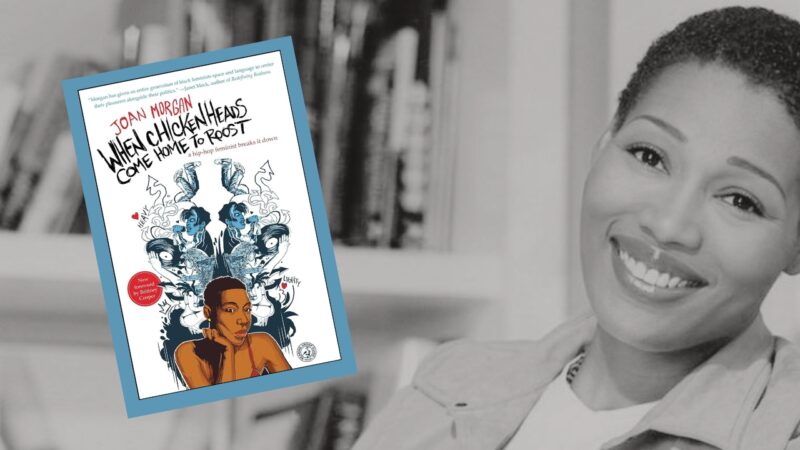
Joan Morgan’s book offers a fresh perspective by linking feminist theory with the realities of hip-hop culture. Morgan addresses the dilemmas faced by Black women in asserting their sexual power in a world that often objectifies or dismisses them.
Her analysis provides a nuanced view of how hip-hop can be both a space of creative expression and a site of gendered conflict. This book is crucial for understanding the contemporary cultural contexts in which Black feminist thought evolves.
Key Insights
The Intersection of Hip-Hop Culture and Feminist Theory
Morgan examines how hip-hop simultaneously empowers and oppresses, offering a complex view of its role in feminist discourse.
Challenges in Navigating Feminist Identity Within Popular Culture
She discusses the challenges Black women face in maintaining a feminist identity while engaging with a culture that often has misogynistic undertones.
The Power of Voice and Narrative in Hip-Hop
Morgan highlights how hip-hop provides a platform for Black women to express their identities and resistances, albeit within a framework that often marginalizes them.
In Summary
If you’re looking to enrich your mind or find new inspirations, I can’t recommend these books enough. They’re so valuable in helping us see all sides and expand our perspectives. Knowledge truly is power, my friends!
